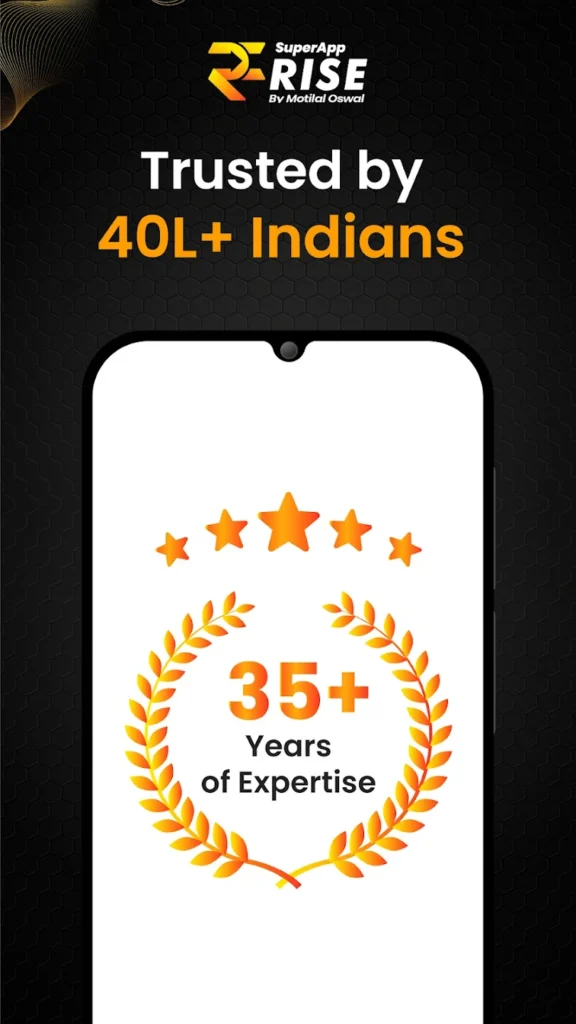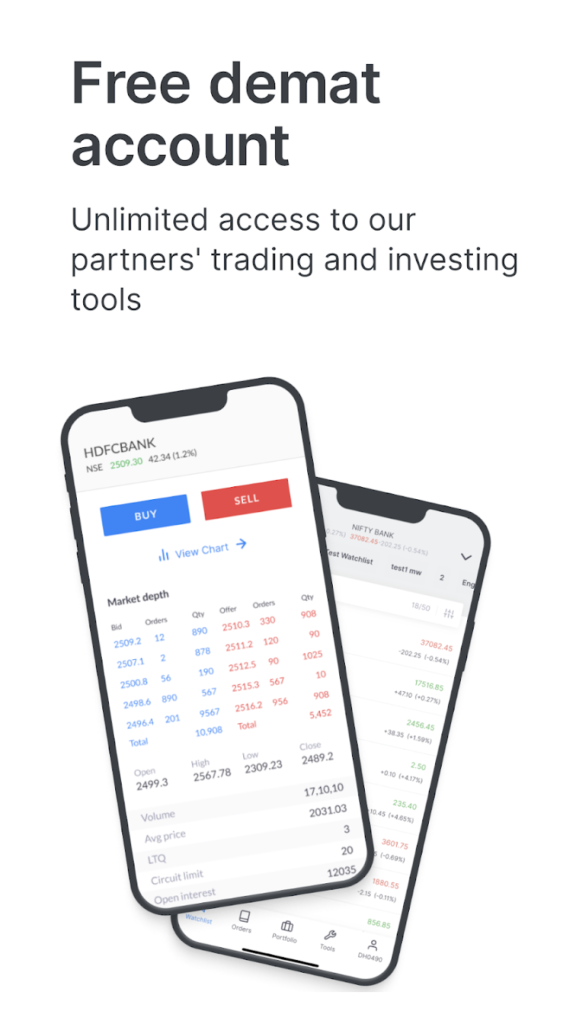In today’s fast-paced business environment, efficient financial management is more critical than ever. Whether you’re a startup founder, a growing small business, or a seasoned entrepreneur, leveraging the right finance apps can save you time, reduce errors, and provide critical insights for smarter decision-making. At bti.to, we understand the importance of choosing finance tools that deliver real value. This guide explores the top finance apps for businesses, highlighting features, pros and cons, pricing models, integration capabilities, security, and ROI to help you make informed choices.
Why Finance Apps Matter for Businesses
Managing cash flow, expenses, invoicing, payroll, and taxes manually can be time-consuming and error-prone. Finance apps automate these tasks, offering:
- Real-time financial tracking and reporting
- Improved accuracy and compliance
- Streamlined invoicing and payment collection
- Better cash flow management and forecasting
- Enhanced collaboration across accounting, HR, and management teams
With these benefits, businesses can focus on growth and strategy rather than paperwork.
Top Finance Apps for Business in 2025
1. QuickBooks Online
QuickBooks Online is one of the most widely used accounting apps globally. It caters to small and medium businesses with comprehensive tools for bookkeeping, invoicing, payroll, and tax preparation.
- Key Features: Automated bank feeds, expense tracking, customizable invoices, payroll integration, tax filing support, mobile app.
- Pros: User-friendly interface, extensive third-party integrations, scalable plans, strong customer support.
- Cons: Can be expensive for larger teams, occasional glitches in bank syncing.
- Pricing: Plans start at $25/month with options for payroll and advanced reporting.
- Integration: Connects with over 650 apps including Shopify, PayPal, and Square.
- Security: Bank-level encryption and multi-factor authentication.
2. Xero
Xero is a cloud-based accounting software popular for its simplicity and powerful features aimed at small to medium enterprises.
- Key Features: Real-time bank reconciliation, multi-currency accounting, project tracking, bill payment automation, and expense claims.
- Pros: Intuitive dashboard, great mobile apps, unlimited users on all plans, and efficient invoicing tools.
- Cons: Learning curve for advanced features, lacks phone support.
- Pricing: Starts at $13/month, with tiered plans for growing businesses.
- Integration: Connects with over 1,000 business apps such as Stripe, HubSpot, and Expensify.
- Security: Data encryption, two-step authentication, and ISO 27001 certification.
3. FreshBooks
FreshBooks is designed primarily for freelancers and small businesses focused on invoicing, time tracking, and expense management.
- Key Features: Automated invoicing, project time tracking, expense capture via mobile app, payments via Stripe and PayPal, and financial reporting.
- Pros: Easy-to-use interface, excellent customer support, flexible billing, and strong mobile presence.
- Cons: Limited inventory management, fewer integrations compared to competitors.
- Pricing: Plans from $15/month with free trial available.
- Integration: Integrates with tools like G Suite, Shopify, and Slack.
- Security: Secure payment processing and GDPR compliance.
4. Wave Financial
Wave is a free accounting and invoicing software ideal for startups and very small businesses.
- Key Features: Free accounting, invoicing, receipt scanning, payroll (paid add-on), and financial reporting.
- Pros: Zero cost for core features, easy setup, solid invoice automation.
- Cons: Limited scalability, payroll available only in select regions.
- Pricing: Free for accounting and invoicing; payroll starts at $20/month plus $4 per employee.
- Integration: Supports payment gateways like Stripe and PayPal.
- Security: PCI compliance and bank-level encryption.
How to Choose the Right Finance App for Your Business
Choosing the best finance app depends on your specific business needs. Here are key factors to consider:
- Business Size & Complexity: Larger businesses might need advanced features like multi-currency support and payroll integration, while freelancers may prefer simple invoicing tools.
- Ease of Use: A user-friendly interface reduces training time and errors.
- Integration Needs: Ensure the app works seamlessly with your existing CRM, payment processors, or marketing tools.
- Security & Compliance: Look for apps that follow industry-standard encryption and comply with regulations like GDPR or PCI.
- Pricing Model: Consider your budget, paying attention to hidden fees or limits on users and transactions.
- Customer Support: Responsive support can be invaluable when technical or accounting issues arise.
Real User Testimonials and ROI Insights
“Since switching to QuickBooks Online, our accounting team has saved countless hours reconciling accounts and generating reports. The app’s integrations with our payment systems have improved our cash flow visibility significantly.” — Sarah M., CFO of a growing tech startup.
“Wave’s free features allowed us to manage our finances without upfront costs. For a small nonprofit, this was invaluable. However, as we expanded, we needed to upgrade for payroll and found Xero a great fit.” — James T., Founder of a nonprofit organization.
Investing in the right finance app often results in tangible ROI through time savings, reduced errors, and improved financial insights. According to industry research, businesses can save up to 40% of their bookkeeping time with automation tools.
Integration with Marketing, Productivity, and HR Tools
Modern finance apps don’t operate in isolation. They offer integrations with a range of other business applications to streamline workflows:
- Marketing Automation: Sync invoices and customer data with platforms like HubSpot and Mailchimp for targeted campaigns.
- Productivity: Integration with project management tools such as Asana or Trello helps align budgets and time tracking.
- HR and Payroll: Connect with platforms like Gusto or BambooHR to automate payroll and benefits management.
When evaluating finance apps, consider your existing software stack and look for solutions that minimize manual data entry through API-based integrations.
Security Considerations for Business Finance Apps
Given the sensitivity of financial data, robust security should be non-negotiable. Look for these security features:
- End-to-end encryption for data in transit and at rest
- Multi-factor authentication (MFA) for user accounts
- Regular third-party security audits and certifications (ISO 27001, SOC 2)
- Role-based access controls to limit sensitive data exposure
- Compliance with data protection regulations like GDPR and CCPA
Always verify that your finance app provider has transparent privacy policies and incident response protocols.
Conclusion: Elevate Your Business Finance with the Right App
Choosing a top-tier finance app can transform how your business manages money, offering accuracy, speed, and insight that drive smarter decisions. Whether you prioritize advanced features like payroll integration or prefer a budget-friendly, easy-to-use platform, options like QuickBooks, Xero, FreshBooks, and Wave offer compelling solutions tailored to diverse business needs.
Explore detailed reviews, pricing comparisons, and user feedback on bti.to to find the perfect finance app that empowers your business growth in 2025 and beyond.



Very helpful post for us
It’s really good for us.
Nice 👍